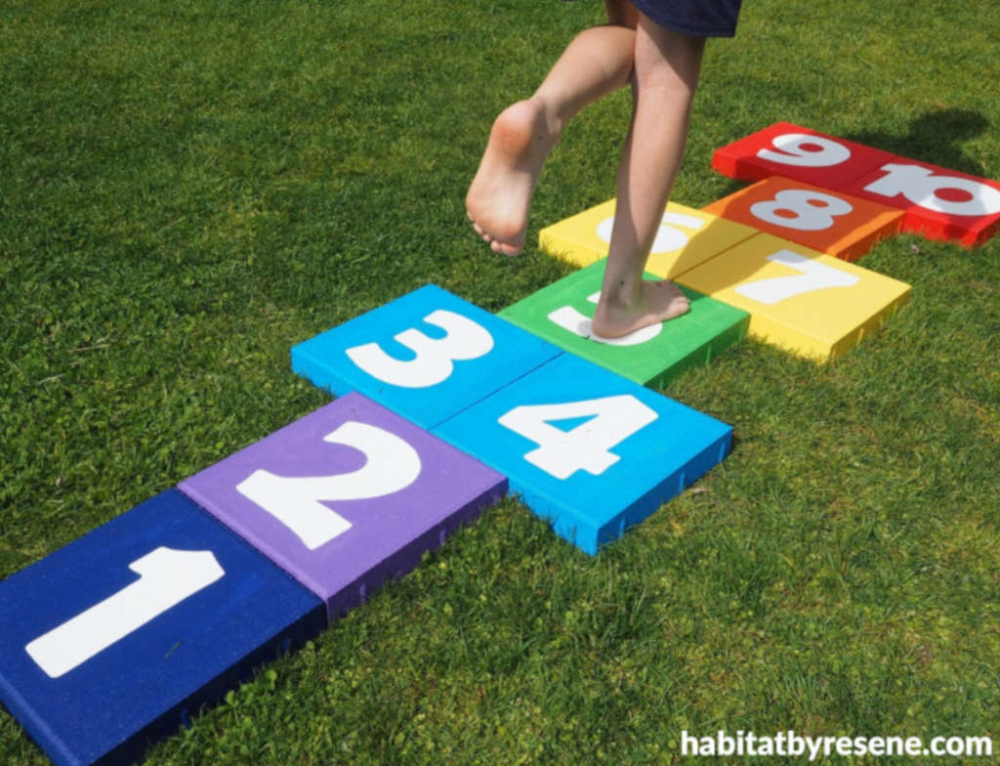A family’s decision to purchase a home is one of the most consequential financial decisions they will make in their lifetime.
For many families, a home provides stability and security. It’s also one of the most valuable assets that can be passed on to future generations. Regardless, purchasing a home requires a substantial amount of money – perhaps the largest sum of money a family will ever have to spend.
With patience and perseverance, however, it’s certainly possible for any family to save for a deposit on a home they can call their own.
Here are some ideas for saving hundreds or even thousands of dollars each month so you can secure your dream house.
1) Set up automatic transfers to your savings account
Let’s face it, it can be tempting to spend every last penny of your paycheck on frivolous rewards. But if you plan on saving for a home, you’ll need to be disciplined about your finances. That starts by controlling the inflow and outflow of money in your household. While you won’t always predict or prevent major life expenses, you can set up your finances in such a way that will make it easier for you to save.
One way to do that is to set up an automatic transfer from your current account to your savings account. Many banks and credit unions offer this service, which makes it easy to save money as you go about your everyday life.
You can typically set up these transfers to happen on a weekly or bi-weekly basis, and you can decide how much money you want to transfer each time. This method is effective because not only are you periodically putting away increments of money into savings, but you’re also able to more reliably forecast when you can make your big purchase.
2) Eliminate unused subscription services
In the current age, it’s easy to fall into the trap of subscribing to multiple services that you never use. Whether it’s that gym membership you never use, that streaming service no one watches or the online dating service you signed up for on a whim, these little expenses can add up over time. Take a close look at your recurring payments and see if there are any that you can do without. You may be surprised at how much money you can free up each year by nixing a few unused subscriptions.
3) Find cost-saving plans on essential bills
Even if you’re already living frugally, there may be ways to save even more on your essential monthly bills. For instance, you can call your power company and see if there are any discounts or promotions they can offer you.
You can also switch to a cheaper mobile phone plan or, if you have a landline, see if you can get by without one. Another example is car insurance rates, as they can vary significantly from one provider to the next. It pays to shop around for the best deal.
Even though it may feel like a chore having to interact with various utility company personnel, it can be well worth your time if it means increasing your monthly savings.
4) Track and budget your expenses
One of the best ways to get a handle on your spending is to track where every penny goes. This will require discipline on your end, but it will be very illuminating to see exactly where your money is going each month. Once you have a good understanding of your spending patterns, you can then work on creating a budget that will help guide your future choices. This will be an ongoing process, but it’s a necessary one if you want to get a handle on your finances.
5) See what’s out there for smaller deposits
While saving cash for your first home is a tried-and-true process, getting to the magic 20% for a house deposit may not be achievable for all. Non-bank lenders may offer lower deposit levels, though you will need to be aware of possible higher interest rates and other criteria.
For first-home buyers who have been contributing to KiwiSaver for at least three years, a First Home Grant may be an option. The amount available doubles if you’re looking to buy a new build. First Home Loans underwritten by Kāinga Ora can reduce your required deposit to as low as 5%.
Once you’ve rounded up your options, determine the viability of the plans offered and decide from there. Online tools like Westpac’s mortgage calculator can help weigh your options and come to a decision about the best way to finance your home.
6) Increase your earning potential
While saving money is essential, you can only do so much with your current income. If you want to make a real dent in your savings goals, you’ll need to find ways to increase your earning potential.
If changing your full-time job is out of the picture, there are still several ways to bring in extra cash. You can start freelancing on the side, take on a part-time job, or even start a small business.
Whatever route you decide to take, be sure to factor in the additional income when creating your budget and savings. This way, you can make the most of your new earnings and get one step closer to achieving your homeownership goals.
This article was written by Lucy Mitchell, Content Manager for Current.com.au | The Home of Australian Product Reviews, with editing by Kidspot NZ.
See more:







Leave A Comment
You must be logged in to post a comment.